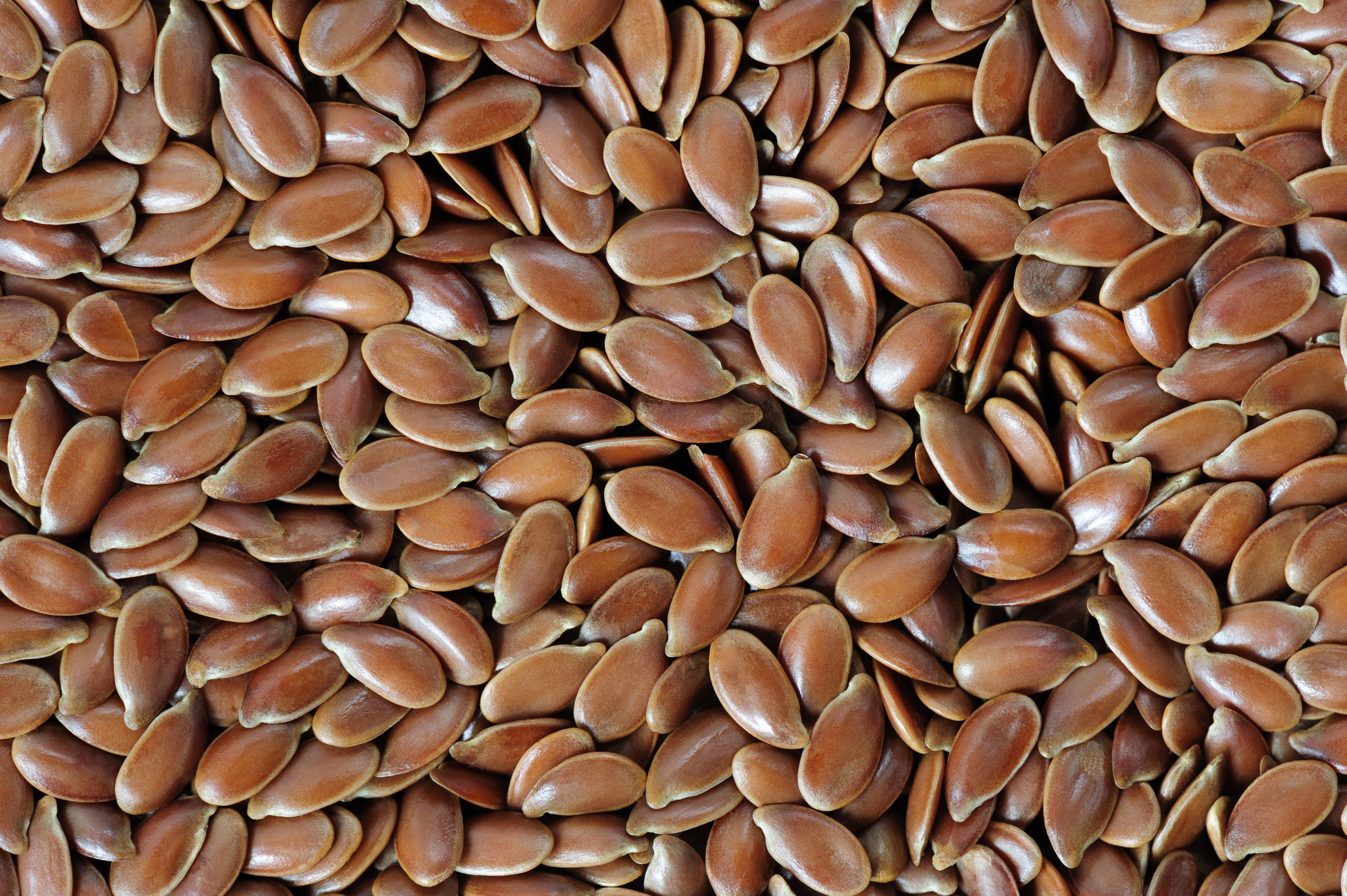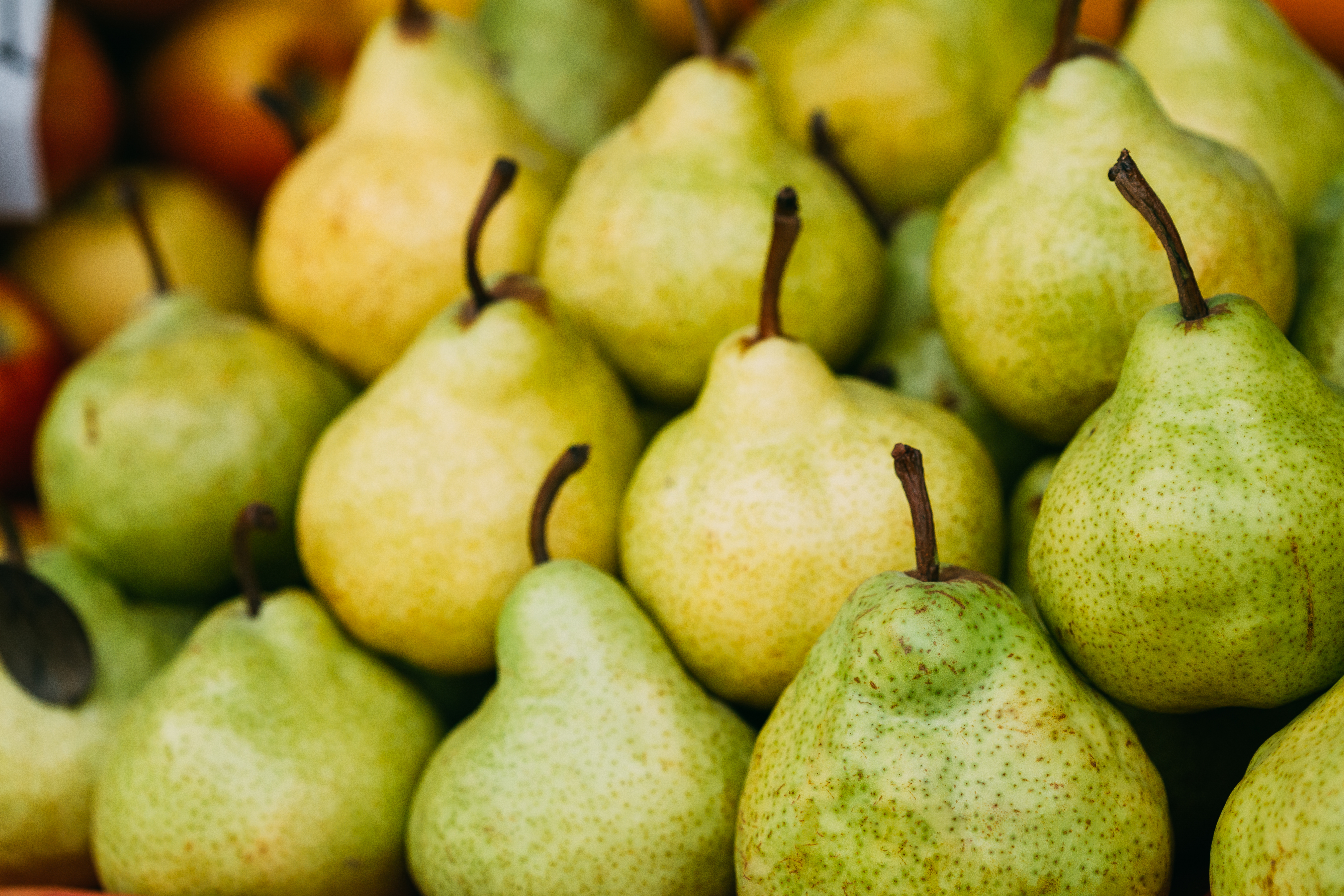11 Cellular Secrets: How to "Decelerate" Aging From the Inside Out
Aging doesn’t start on the surface—it begins at the cellular level. Deep within your body, tiny biological processes are constantly deciding how well you age: how fast your skin wrinkles, how sharp your mind stays, how strong your heart beats. But what if you could influence those decisions? What if the key to lasting vitality wasn’t found in creams or fads, but in how you nourish and care for your cells every single day? In this guide, we reveal 11 science-backed secrets to cellular rejuvenation—habits and insights that go beyond surface-level fixes to the very root of aging. These aren’t just hacks—they’re powerful shifts grounded in cutting-edge research and timeless wisdom. Whether you’re hoping to boost energy, protect your brain, or simply feel younger from the inside out, this list offers a blueprint to age with clarity, strength, and intention. Because real longevity starts from within.
1. The Role of Telomeres: Guardians of Youth

Telomeres, the protective caps at the ends of our chromosomes, are fundamental to understanding cellular aging. Each time a cell divides, these caps shorten, eventually leading to senescence and aging. Research has shown that lifestyle factors such as stress reduction, regular exercise, and a diet rich in antioxidants can slow telomere shortening. Foods like berries, nuts, and green tea are particularly beneficial. Meditation and mindfulness practices have also been linked to longer telomeres. By nurturing our telomeres, we protect our DNA and promote cellular longevity, thereby slowing the aging process from within.
2. Autophagy: The Cellular Clean-Up Crew

Autophagy is a natural process where cells remove damaged components, effectively cleaning themselves. This self-digestion process is crucial for cellular health and longevity. Fasting and calorie restriction have been shown to stimulate autophagy, allowing cells to repair and regenerate. Intermittent fasting, in particular, has gained popularity for its ability to boost autophagy, thereby enhancing cellular function and slowing aging. Incorporating a fasting regimen into your lifestyle can rejuvenate cells, reduce inflammation, and improve metabolic processes, contributing to a more youthful biological age.
3. Mitochondrial Health: Powerhouses of Energy

Mitochondria are the powerhouses of cells, generating the energy necessary for all cellular functions. As we age, mitochondrial efficiency declines, contributing to fatigue and cellular damage. Supporting mitochondrial health is essential for maintaining energy levels and slowing aging. Nutrients such as Coenzyme Q10, omega-3 fatty acids, and alpha-lipoic acid are vital for mitochondrial function. Regular physical activity, particularly aerobic exercise, enhances mitochondrial biogenesis. By prioritizing mitochondrial health, we ensure that our cells remain efficient and vibrant, thus supporting overall vitality and longevity.
4. The Impact of Inflammation: Silent Agers

Chronic inflammation is a silent contributor to aging and various age-related diseases. Known as "inflammaging," this process accelerates cellular damage and aging. Anti-inflammatory diets rich in omega-3 fatty acids, found in fish and flaxseeds, and polyphenols, found in olive oil and dark chocolate, can mitigate inflammation. Additionally, regular exercise and stress management techniques like yoga and meditation help reduce inflammatory markers. Addressing inflammation at the cellular level not only slows down aging but also enhances overall health and resilience against diseases.
5. Hormesis: Beneficial Stress for Longevity

Hormesis is the concept that exposing cells to mild stress can enhance their resilience and longevity. Practices such as cold showers, sauna use, and moderate exercise induce hormetic stress, prompting cells to adapt and strengthen. This process enhances antioxidant defenses, DNA repair mechanisms, and cellular resilience. Incorporating hormetic practices into daily life can fortify cells against aging and disease. By embracing beneficial stressors, we activate survival pathways that promote longevity and vitality, creating a robust cellular environment that defies the ravages of time.
6. The Role of Sleep: Repair and Rejuvenation

Sleep is a critical period for cellular repair and rejuvenation. During deep sleep, the body engages in processes that remove toxins, repair DNA, and regenerate tissues. Poor sleep quality accelerates aging and increases the risk of age-related diseases. Prioritizing sleep hygiene, such as maintaining a regular sleep schedule and creating a restful environment, is essential for cellular health. Practices like mindfulness meditation and reducing screen time before bed can improve sleep quality. By ensuring adequate, restorative sleep, we enable our cells to perform vital maintenance, slowing the aging process.
7. Nutrition: Fueling the Cellular Machine

Nutrition plays a pivotal role in cellular health and aging. A diet rich in whole foods, antioxidants, and essential nutrients supports cellular function and longevity. The Mediterranean diet, known for its anti-aging properties, emphasizes fruits, vegetables, whole grains, and healthy fats. Nutrients like vitamin C, E, and zinc are crucial for DNA repair and protection against oxidative stress. Hydration is equally important, as it facilitates cellular processes and waste removal. By nourishing our cells with the right nutrients, we empower them to function optimally, fostering a youthful biological age.
8. The Power of Mindfulness: Mental Well-being and Aging

Mindfulness and mental well-being have profound effects on cellular aging. Stress and negative emotions accelerate cellular aging through hormonal imbalances and inflammation. Mindfulness practices, such as meditation and deep breathing, reduce stress and promote mental clarity. Studies have shown that mindfulness can positively affect telomere length and gene expression, contributing to slower aging. By cultivating a mindful lifestyle, we create a harmonious environment for our cells, reducing stress-induced damage and promoting longevity and vitality.
9. Physical Activity: The Catalyst for Cellular Health

Regular physical activity is a cornerstone of cellular health and longevity. Exercise enhances blood flow, delivering oxygen and nutrients to cells while removing waste products. It stimulates the production of growth factors that promote cellular repair and regeneration. Both aerobic and resistance exercises have been shown to improve mitochondrial function, reduce inflammation, and support telomere health. Incorporating a variety of physical activities into daily life ensures comprehensive benefits to cellular health, contributing to a slower aging process and increased vitality.
10. Social Connections: The Cellular Impact of Relationships

Human connections and social interactions significantly influence cellular aging. Loneliness and social isolation have been linked to increased inflammation and accelerated cellular aging. Engaging in meaningful relationships and maintaining a supportive social network enhances mental well-being and reduces stress. Positive social interactions promote the release of oxytocin, a hormone that reduces stress and inflammation. By fostering strong social ties, we create a nurturing environment for our cells, enhancing their resilience and promoting longevity.
11. Environmental Toxins: Minimizing Cellular Damage

Exposure to environmental toxins, such as pollution and chemicals, can accelerate cellular aging by causing oxidative stress and DNA damage. Reducing exposure to these toxins is crucial for cellular health. Strategies include using natural cleaning products, reducing plastic use, and consuming organic foods. Antioxidant-rich foods and supplements can help neutralize free radicals and protect cells from damage. By minimizing exposure to environmental toxins, we preserve cellular integrity and slow the aging process, promoting a healthier and more vibrant life.
Embracing the Cellular Tapestry

What if aging wasn’t something to fear—but something to understand, influence, and even embrace? At the heart of every wrinkle, every shift in energy, every moment of clarity or fatigue, are your cells—working quietly behind the scenes. The 11 strategies you’ve just explored aren’t just health tips; they’re cellular investments. From protecting telomeres to staying socially connected, each one speaks to the deeper truth: how we live shapes how we age. And that power rests in your hands. When you align daily choices with cellular health, you're not just adding years to your life—you’re adding life to your years. Energy. Focus. Resilience. Grace. It all begins from within. So here’s the real takeaway: aging isn’t a downhill slide. It’s a curated path—one you can walk with clarity, intention, and strength. And with the right habits, that path can be longer, richer, and more vibrant than you ever imagined.
